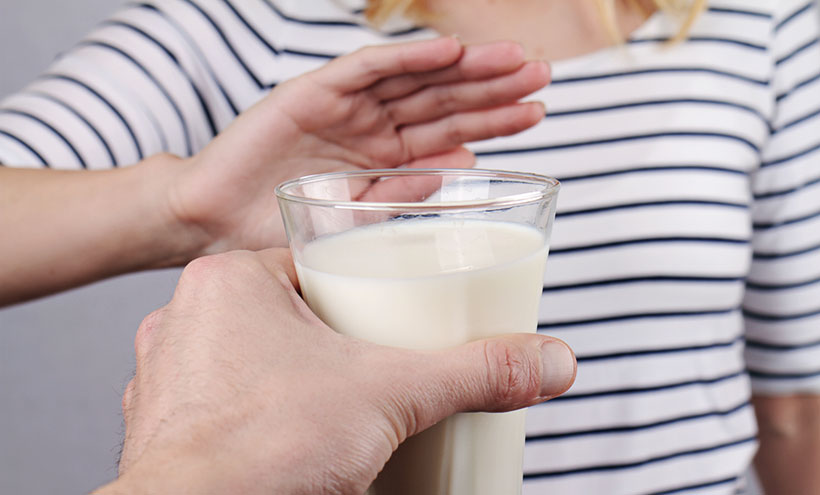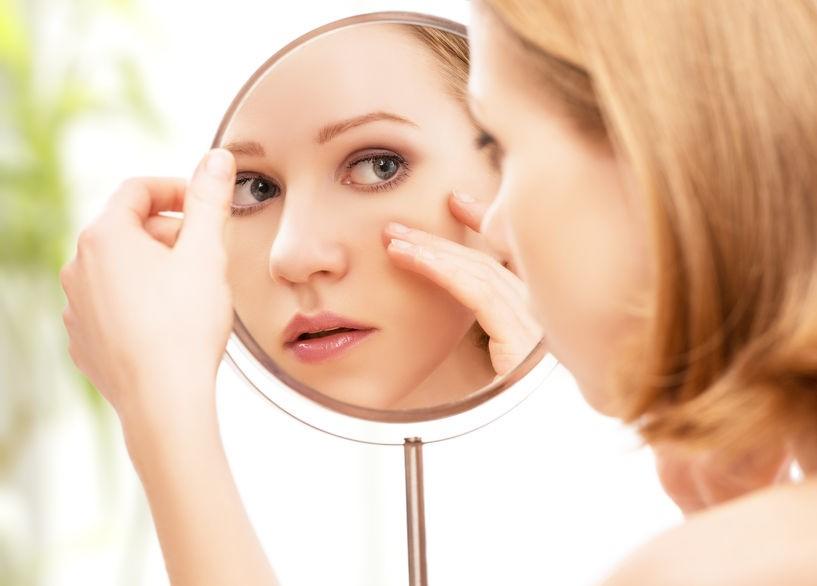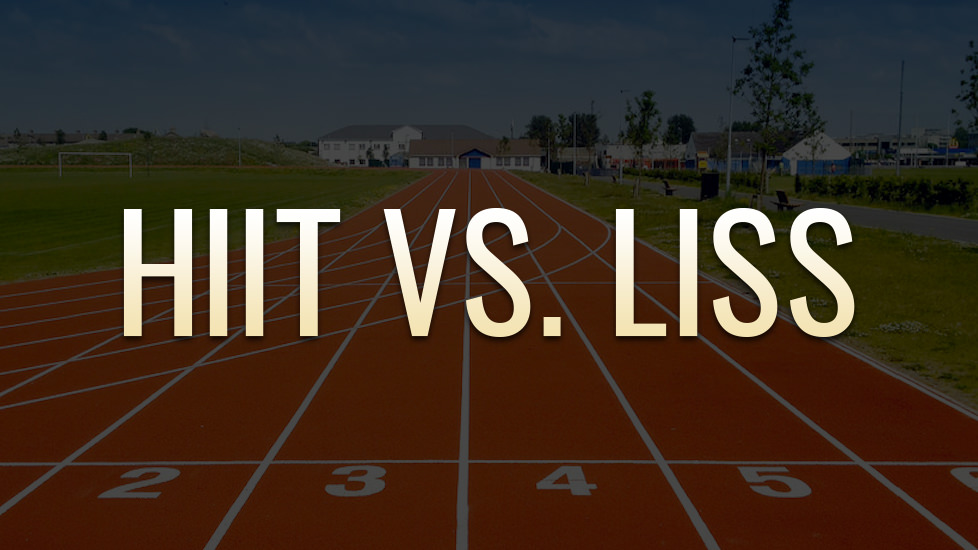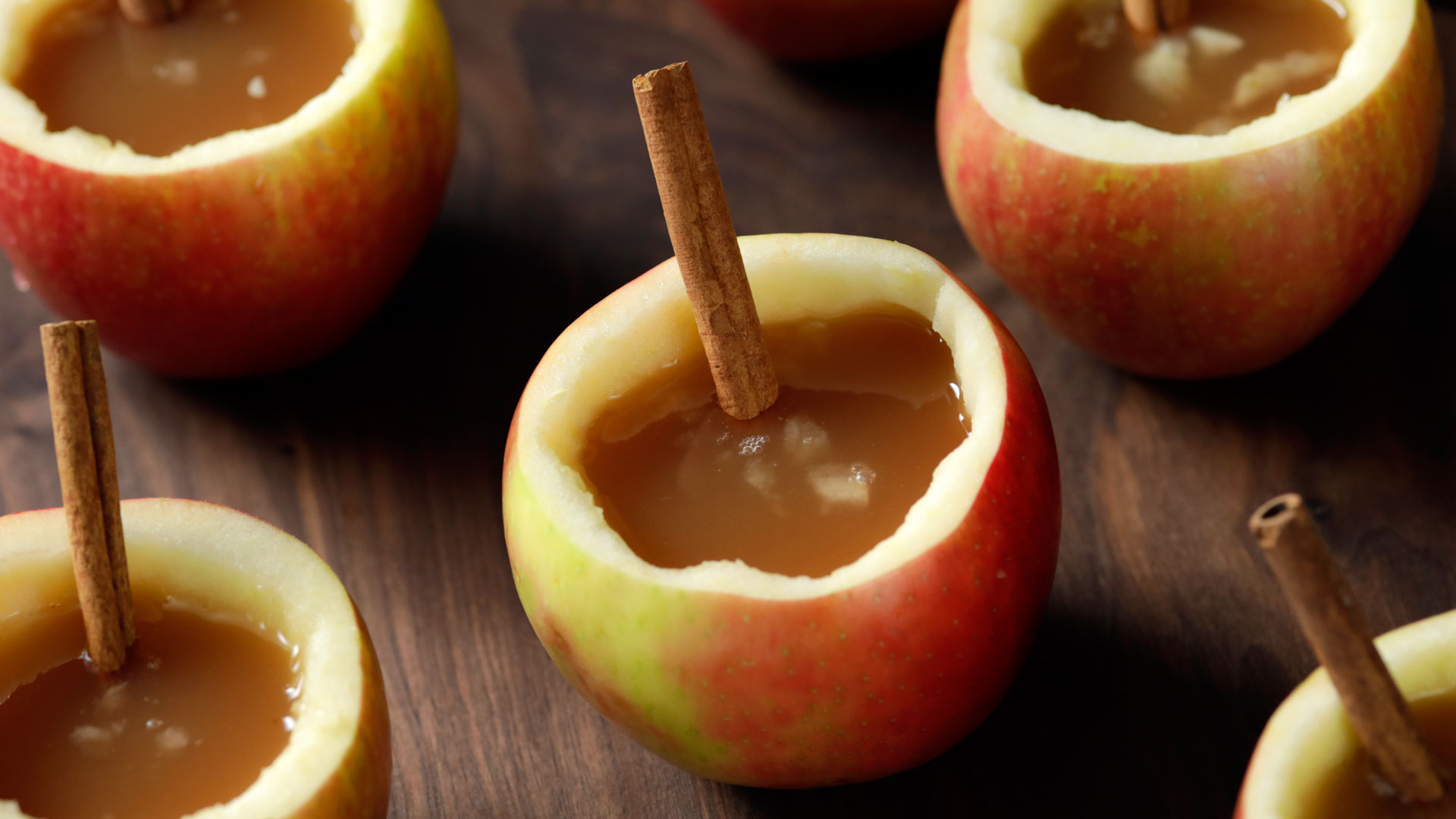Today, we will be looking at the idea that milk and other dairies products are bad for your health.
Where did this idea come from?
Well, we think the bulk of these claims come from one of two main arguments.
Argument 1 – :
The first in my opinion weakest argument is that there’s just something unnatural about adults drinking milk especially since humans are reportedly the only animal that drinks the milk of another animal.
First of all, that premise is actually not correct. For example, feral cats and Western goals have been shown to steal milk from elephant seals in nature but even if it were true even if we were the only species to drink the milk of another animal whether or not regular milk consumption occurs elsewhere in nature has nothing to do with its effect on our health.
“I think basing our diets on what other animals are eating could lead to some pretty unhealthy or strange nutritional recommendations” and of course just because something is natural doesn’t mean it’s good cyanide and apple seeds will kill you if you eat enough of them despite being natural and man-made antibiotics will save your life if you need them despite being unnatural. So needless to say this isn’t a good argument against dairy consumption.
Argument 2 -:
Another thing, anti-dairy advocates make a big deal out of his milk supposed acidic as opposed to alkalizing effect on the body. However, this also doesn’t stand up against the scientific evidence since as pointed out by Alan Aragon in a very well cited NSCA presentation – “Milk and dairy products don’t produce acid upon metabolism and besides systemic pH isn’t influenced by diet, to begin with, and dairies bone protective effect is supported by the majority of all research.”
How many people will correctly point out that 65 to 75 percent of people, do have some sort of lactose intolerance? Meaning, you’ll experience bloating or diarrhea if you drink milk and the prevalence of this is actually highly dependent on your ancestry. So it’s most common amongst Asians and least common amongst Europeans but as I see it this is less of a strike against dairy per se. More of just another
What does science say about dairy and health?

Let’s start with a brand new meta-analysis published in 2017, looking at 29 studies totaling over 700,000 participants I would found no associations between dairy and milk consumption and all-cause mortality or total deaths, coronary heart disease or cardiovascular disease which is in agreement with several other meta-analyses.
Reasonable critique of this study is that it is funded by the global dairy platform and the Dairy Council. “I think that funding bias is a serious problem in the scientific community especially in the case of pharmaceutical funding.” Now, we could just take the authors published word and the nod of the peer reviewers that the funders had no role in the study design or data collection but while funding bias can’t discredit, otherwise well-designed study on its own.
“I think it should give us pause and encourage us to look at other data especially independently funded research to see if the same results are replicated.” As it turns out these same basic findings have been replicated elsewhere including in a 2015 meta-analysis which had no funding conflicts of interest and as further adds to the pool of evidence showing no association between milk consumption and mortality.
What about milk and cancer?

According to one excellent 2015 review, in the given figure, they looked at pretty much every health outcome related to dairy and the labeling is a bit confusing but basically, the down arrows actually indicate a favorable health effect from drinking milk. Now, the sideways arrow means a neutral effect and the up arrow means a bad effect. Importantly 4 different cancers were all positively impacted by the dairy intake. Then a bunch of stuff showed a neutral effect so as we said mortality than these three other cancers over here. In fact, the only bad outcome was for prostate cancer risk and even this was actually neutral to adverse depending on the data set that you’re looking at.
The authors to conclude that the benefit of the protective effect of milk and dairy on the common and serious colorectal cancer is judged to outweigh a potentially increased risk in prostate cancer and that, of course, isn’t to mention there are six cancers that dairy had a positive or neutral impact on.
“I think it’s important to recognize that all the data we’ve looked at so far has been correlational I’m so it is possible that confounding variables are skewing the results”, for example, it’s possible that the people who tend to drink more milk also just tend to have more nutritious diets overall and well “I think future research can help discern these issues according to the weight of the current evidence.” Considering just how rich it is in protein minerals like calcium and potassium vitamins like vitamin A and b12 and that’s not to mention its other benefits like increasing muscle mass and improving satiety.
What does science say about dairy and acne?

There’s not much data on this but one two thousand seventeen systematic reports concluded that milk and foods with a high glycemic burden are the best candidates for food triggered influence. However, it’s not currently possible to set out evidence-based nutritional recommendations for preventing acne. A later paper published in 2018, also found a positive relationship between dairy consumption and acne occurrence but this didn’t apply to yogurt or cheese.
When it comes to skin health the data is extremely limited but again similar to individual instances of lactose intolerance, you’ll have to assess your response on an individual basis. Just consider doing an elimination diet to see if it is, in fact, the milk or something else that’s worsening your skin condition.
Conclusion
I’m considering that the research shows almost entirely neutral or beneficial effects from drinking milk with of course individual exceptions in the case of lactose intolerance or acne and the argument that otherwise healthy individuals should avoid milk is not supported by the scientific evidence.
IN THIS POST:
Other Animals “Stealing Milk”:
http://www.redalyc.org/articulo.oa?id=402336261005
Milk and Acne:
https://www.ncbi.nlm.nih.gov/pubmed/29778512
https://www.ncbi.nlm.nih.gov/pubmed/27136757
Milk and Health (Mortality and diseases):
https://www.ncbi.nlm.nih.gov/pmc/articles/PMC5143456/
https://www.ncbi.nlm.nih.gov/pubmed/26786887
https://www.ncbi.nlm.nih.gov/pubmed/27207960
https://www.ncbi.nlm.nih.gov/pubmed/26862005
https://www.ncbi.nlm.nih.gov/pubmed/28374228
https://www.ncbi.nlm.nih.gov/pubmed/27882862
https://www.ncbi.nlm.nih.gov/pubmed/26378576
https://www.bmj.com/content/349/bmj.g6015
https://www.ncbi.nlm.nih.gov/pubmed/28140321



